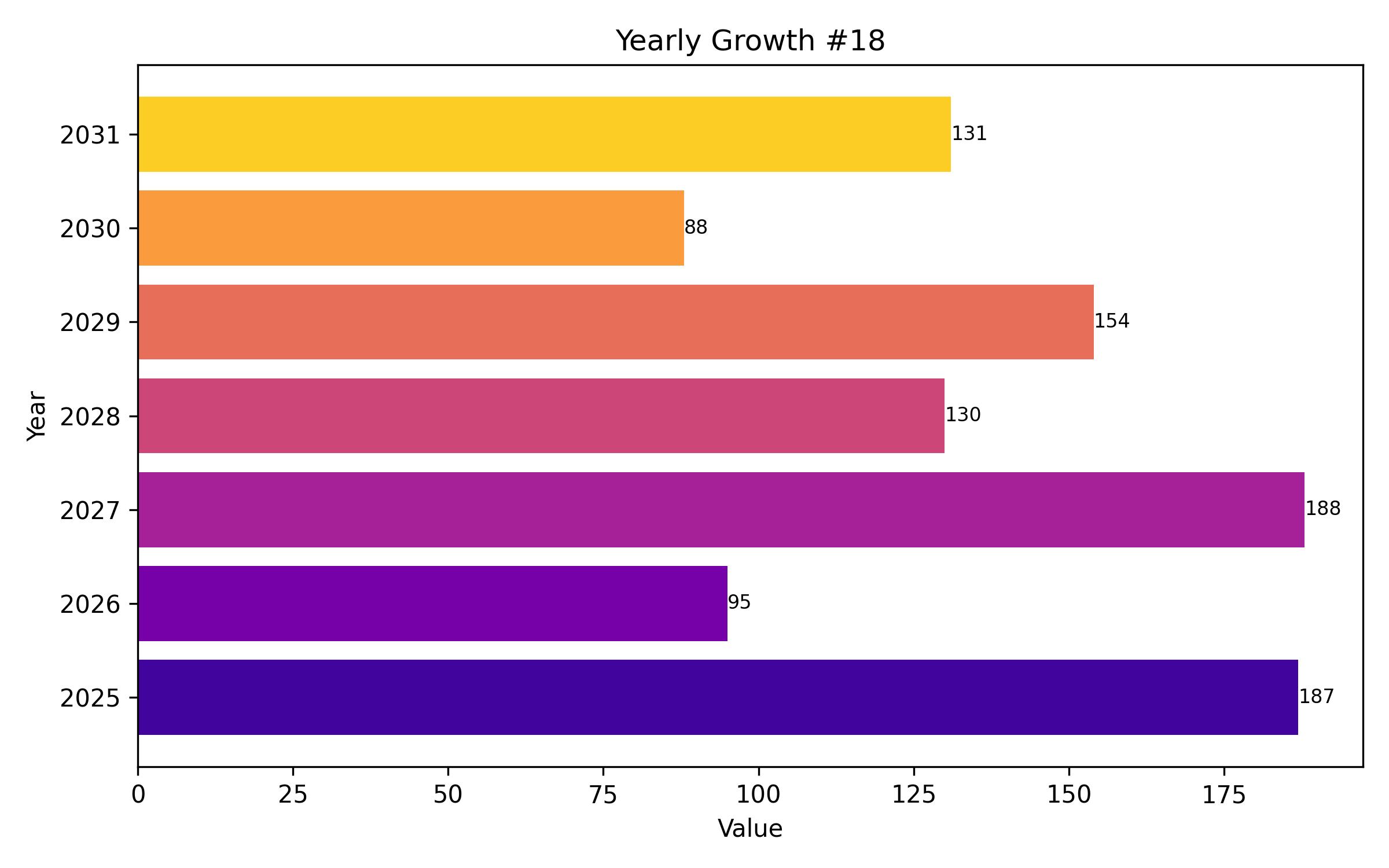Global Arrowroot Starch Market: Industry Forecast
Overview:
The worldwide arrowroot starch sector is projected to achieve a valuation of USD 2.93 billion in 2025 and is set to reach USD 4.38 billion by 2035. Over the period spanning 2025 to 2035, the market is anticipated to demonstrate a consistent compound annual growth rate of 4.1%.
Expansion in the arrowroot starch industry is fueled by rising consumer demand for food products that are free of gluten and possess natural properties. Arrowroot starch, extracted from the roots of the arrowroot plant, is highly valued for its bland taste and its effectiveness as a thickening agent. It is commonly used in preparing sauces, desserts, and soups. The market is segmented into organic and standard varieties, as well as applications in the food and beverage, pharmaceutical, and personal care sectors.
The increasing prevalence of celiac disease and gluten sensitivity is contributing to higher consumption of gluten-free items, which in turn boosts the need for arrowroot starch. A broader trend toward incorporating natural and plant-derived ingredients in various products is also expected to increase the volume of the market.
Arrowroot starch is gaining prominence in the food and beverage industry due to its versatility and associated health benefits. It is widely used for thickening purposes in soups, sauces, and gluten-free baked goods. Growth in the food and confectionery industries is likely to further push demand for arrowroot starch in the coming years. The growing interest in fine dining and the hospitality sector is also expected to support market expansion, as health-conscious consumers seek natural alternatives to traditional starches.
Significant demand for arrowroot starch also comes from the pharmaceutical and personal care manufacturing sectors. Pharmaceutical companies utilize arrowroot starch as an aid in producing medications, particularly those for digestive system and urinary tract infections. Its natural properties, including thickening and binding, make it useful in cosmetic creams and lotions. Arrowroot is often cultivated using sustainable methods, avoiding synthetic pesticides and fertilizers.
Key trends influencing the arrowroot starch market include increasing preference for organic and ethically sourced products, technological advancements in processing techniques that enhance the functional properties of the starch, and growing awareness regarding the health advantages of incorporating arrowroot into dietary choices. These factors collectively indicate a promising trajectory for the market.
Furthermore, the expansion of retail distribution channels, including specialized health food stores and online platforms, has made arrowroot starch more accessible to a wider consumer base. This improved availability is expected to support continued market growth.
The market is characterized by the presence of numerous players, ranging from large established corporations to smaller, specialized suppliers. Competition often focuses on factors such as product purity, origin, sustainability certifications, and price.

| Report Attribute | Details |
|---|---|
| Market Size in 2025 | USD 2.93 Billion |
| Revenue Forecast for 2035 | USD 4.38 Billion |
| Growth Rate (CAGR) | 4.1% from 2025 to 2035 |
| Base Year for Estimation | 2024 |
| Historical Data | 2020 – 2024 |
| Forecast Period | 2025 – 2035 |
| Quantitative Units | Revenue in USD million/billion and CAGR from 2025 to 2035 |
| Report Coverage | Revenue forecast, company markets segmentation, competitive landscape, growth factors, and trends analysis |
| Covered Segments | Type, distribution channel, application, and region |
| Regional Scope | North America, Europe, Asia Pacific, Latin America, MEA |
| Country Scope | USA, Germany, India, UK, France, China, Japan, Brazil, UAE, South Africa |
| Key Companies Analyzed | Bob’s Red Mill, NOW Foods, Authentic Foods, Nature’s Way, Tropical Traditions, Pure Organic Ingredients, Frontier Co-op, Anthony’s Goods, Health Garden USA, Arrowhead Mills, Barry Farm Foods, Let’s Do…Organic |
| Customization Options | Free report customization (up to 8 analyst working days) with purchase. Changes to country, regional, and segment scope |
| Pricing and Purchase Options | Customizable purchase options for tailored research needs |

Report Coverage & Deliverables
- Market Trends And Dynamics
- Competitve Benchmarking
- Historical data and forecasts
- Value/Volume analysis
- Company revenue shares and key strategies
- Regional opportunities
This is an indicative segmentation. Please request a sample report to see detail segmentation of this market.
Detailed Market Segmentation
- By Type
- Organic
- Conventional
- By Distribution Channel
- Supermarkets/Hypermarkets
- Convenience Stores
- Online Retail
- Specialty Stores
- By Application
- Food and Beverages
- Pharmaceuticals
- Personal Care
- Other
- By Region
- North America
- Europe
- Asia Pacific
- Latin America
- Middle East and Africa (MEA)
Table of Content
- Executive Snapshot
- Market Overview
- Key Market Trends
- Market Demand Analysis 2020 to 2024 and Forecast, 2025 to 2035
- Market Background
- Market Analysis 2020 to 2024 and Forecast 2025 to 2035, By Type
- Organic
- Conventional
- Market Analysis 2020 to 2024 and Forecast 2025 to 2035, By Distribution Channel
- Supermarkets/Hypermarkets
- Convenience Stores
- Online Retail
- Specialty Stores
- Market Analysis 2020 to 2024 and Forecast 2025 to 2035, By Application
- Food and Beverages
- Pharmaceuticals
- Personal Care
- Other
- Market Analysis 2020 to 2024 and Forecast 2025 to 2035, By Region
- North America
- Latin America
- Europe
- Asia Pacific
- Middle East and Africa
- North America Market Analysis 2020 to 2024 and Forecast 2025 to 2035
- Latin America Market Analysis 2020 to 2024 and Forecast 2025 to 2035
- Europe Market Analysis 2020 to 2024 and Forecast 2025 to 2035
- Asia Pacific Market Analysis 2020 to 2024 and Forecast 2025 to 2035
- Middle East and Africa Market Analysis 2020 to 2024 and Forecast 2025 to 2035
- Region Wise Market Analysis 2025 & 2035
- Market Structure
- Competition Analysis
- Leading Manufacturers
- Assumptions and Acronyms Used
- Research Methodology
